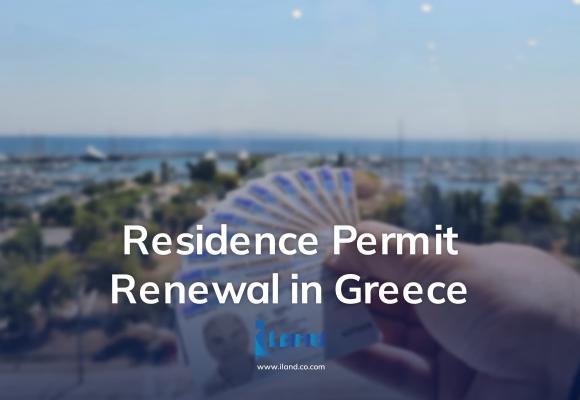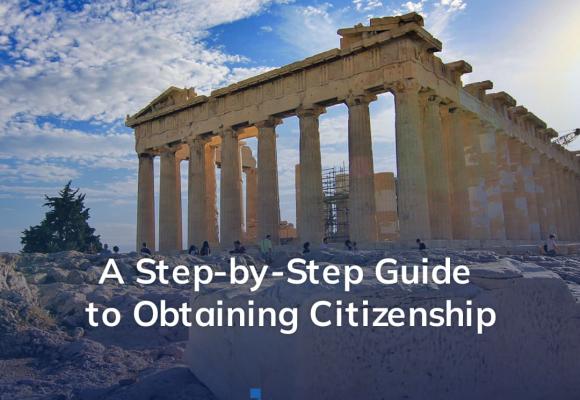What Is Document Legalisation?
Document legalisation, also known as authentication, is the process of verifying the authenticity of official documents to ensure their legal validity in a foreign country. This process ensures that documents like birth certificates, marriage certificates, academic records, or business contracts are recognized by authorities in the destination country, such as Greece.
Why Is Document Legalisation Necessary in Greece?
As a member of the European Union, Greece has specific laws and protocols for accepting international documents. Common scenarios where document legalization is required include:
- Educational Purposes: For university admissions or credential evaluation
- Business Transactions: To establish legitimacy in international trade or set up a company in Greece
- Immigration Processes: For visa applications, residence permits, Greece Golden Visa or citizenship
- Personal Affairs: For marriage, adoption, or inheritance cases
Key Terms in Document Legalisation
Before diving into the details, let’s clarify some key terms:
- Notarisation: Certification of a document’s authenticity by a notary public
- Apostille: A simplified certification process used by countries in the Apostille Convention, including Greece
- Consular Legalisation: Verification of documents by a Greek embassy or consulate when Apostille is not applicable
- Translation and Certification: Ensuring accurate translation of documents into Greek and their certification
Apostille Convention and Its Role in Greece
Greece is a member of the Apostille Convention. This means documents bearing an Apostille stamp are automatically accepted in Greece without additional legalisation.
Steps for Apostille Legalisation for Greece:
- Obtain the document from the issuing authority.
- Notarize the document, if necessary.
- Submit the document to the designated Apostille authority in your country.
- Receive the Apostille stamp or certificate.
Consular Legalisation Process for Greece
For countries not part of the Apostille Convention, consular legalisation is mandatory for documents to be accepted in Greece:
- Domestic Authentication: The document must be authenticated by relevant authorities in the issuing country.
- Ministry of Foreign Affairs Approval: The Ministry of Foreign Affairs of the issuing country certifies the document.
- Consular Legalisation by Greece: The Greek embassy or consulate finalises the process.
Common Documents Requiring Legalisation in Greece
Personal Documents
- Birth and marriage certificates
- Divorce decrees
- Death certificates
- Adoption papers
Educational Documents
- Diplomas and degrees
- Academic transcripts
- Credential evaluation certificates
Business Documents
- Contracts and agreements
- Certificates of origin
- Invoices
- Articles of incorporation
How to Prepare for Document Legalization in Greece
- Understand Greek Requirements: Familiarize yourself with Greece’s legalization laws.
- Verify Document Authenticity: Ensure your documents are original, complete, and unaltered.
- Notarize Documents: Notarize your documents if required.
- Translate Documents: Use certified translators to translate documents into Greek.
- Plan Ahead: Legalization can take time, so start the process early to avoid delays.
Translating Documents for Legalisation in Greece
Greece requires documents to be translated into Greek. To avoid rejection:
- Use certified translators approved by Greek authorities.
- Verify the translation’s seal or certification.
- Review the translated content for accuracy.
Challenges in Document Legalisation for Greece
Legalising documents for Greece can be complex due to:
- Administrative Procedures: Lengthy chains of approval may cause delays.
- Specific Greek Requirements: Greece has unique standards and regulations.
- Document Rejections: Errors in preparation or translation may lead to rejection.
Tips to Overcome Challenges:
- Organise and double-check your documents.
- Start the process well in advance.
Special Cases for Document Legalisation in Greece
- For Business Expansion: Legalisation ensures the validity of business documents like contracts and articles of incorporation in Greece.
- For Immigration and Visas: Greek embassies often require legalised personal documents such as birth certificates and police clearance.
- For Education: Greek universities typically ask for legalised academic documents to verify your educational background.
Costs and Timeframes for Document Legalisation in Greece
The cost and duration vary depending on:
- Document type and quantity.
- Greek-specific requirements.
- Expedited services (if available).
Average Costs:
- Notarisation: €10–€50 per document.
- Apostille: €20–€100 per document.
- Consular Legalisation: €50–€200 per document.
Processing Time:
- Apostille: 1–5 business days.
- Consular Legalisation: 1–3 weeks.
Conclusion
Document legalisation for Greece is a vital process to ensure their acceptance and validity. By understanding the requirements, preparing meticulously, and seeking professional assistance when necessary, you can navigate this process with confidence.
Whether for education, business, immigration, or personal reasons, proper legalisation safeguards your interests and facilitates your interactions in Greece. Plan ahead and rest assured that your documents will function as intended wherever needed.

























